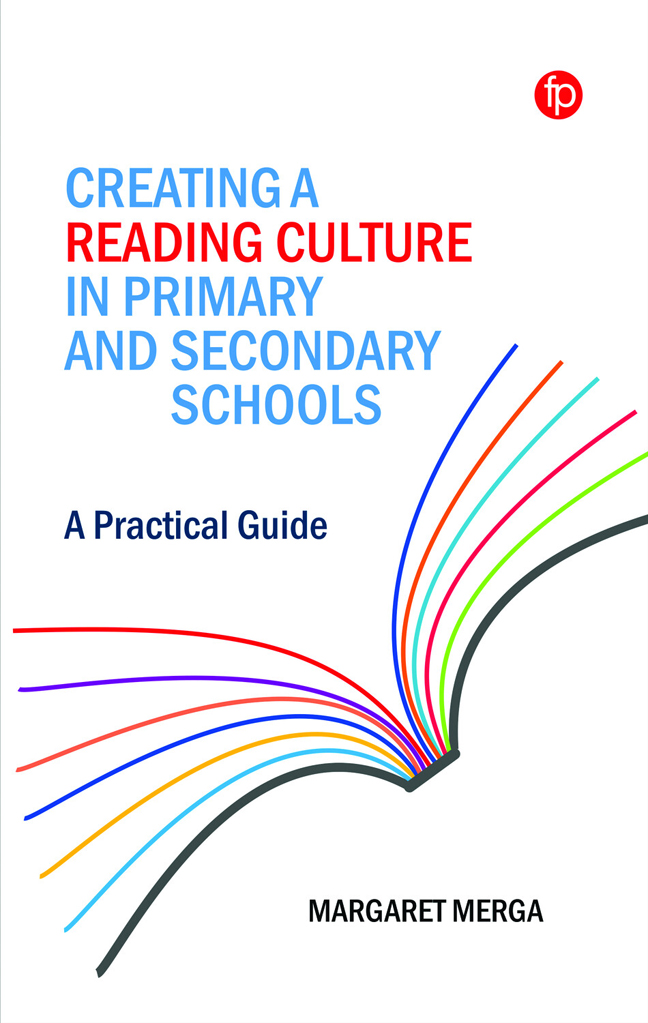Book contents
- Frontmatter
- Contents
- Figures and Tables
- About the Author
- Acknowledgements
- Abbreviations
- Introduction
- 1 Why a Whole School Reading Culture?
- 2 Research-Supported Practices to Choose From
- 3 Stakeholder Engagement and Resourcing
- 4 Implementation Planning and Change Management
- 5 Evaluation
- 6 Reporting
- Conclusions
- References
- Index
1 - Why a Whole School Reading Culture?
Published online by Cambridge University Press: 20 December 2023
- Frontmatter
- Contents
- Figures and Tables
- About the Author
- Acknowledgements
- Abbreviations
- Introduction
- 1 Why a Whole School Reading Culture?
- 2 Research-Supported Practices to Choose From
- 3 Stakeholder Engagement and Resourcing
- 4 Implementation Planning and Change Management
- 5 Evaluation
- 6 Reporting
- Conclusions
- References
- Index
Summary
Anyone who has ever set foot in a school will be able to tell you something about its school culture. As a former teacher, and as a researcher and consultant who has worked with schools in diverse capacities, it doesn't take me long to get a feel for what a school prioritises. Indeed, the more time we spend in a school, the more confident our perception will be, as we have increased exposure to the many tacit and explicit indicators of what it truly values.
Sometimes we may even see direct contradictions between what a school professes to value, and what they actually do in practice, as the shaping of a school culture is about what the school both believes and practises. Sometimes the tacit culture can subsume the explicit, approved culture. A school culture reveals itself in many ways, with students’ academic results being just one of many indicators that those outside a school will draw upon to judge the merits of a school. A school culture relates to the values and norms of a school (MacNeil et al., 2009), and these are communicated by what occurs and is privileged within the school space, given the competing demands and differing resourcing schools experience, and the unique contexts contem - porary schools are situated in.
The point of this book is to justify the transformation of school cultures into reading cultures, and to explain in practical terms how this can be done, drawing on the available research as well as my own experiences consulting with schools. A whole school reading culture cannot be achieved through making superficial or limited changes and commitments. In contrast, it
provides children and young people the support, encouragement, role-models, resources and opportunity to read for pleasure. School leaders prioritise the development of the will to read, not just the skill, among students of all ages. They foster collaboration among staff, helping to weave reading for pleasure into every class, across the curriculum and into the daily life of the students.
(National Library of New Zealand, n.d.-a, p. 1)While there is limited research that has quantified the impact of a whole school reading culture on student reading engagement and achievement, there has been considerable research that has found positive effects of the individual practices featuring in a whole school reading culture, which are detailed and explored in the following chapter.
- Type
- Chapter
- Information
- Creating a Reading Culture in Primary and Secondary SchoolsA Practical Guide, pp. 1 - 24Publisher: FacetPrint publication year: 2023



